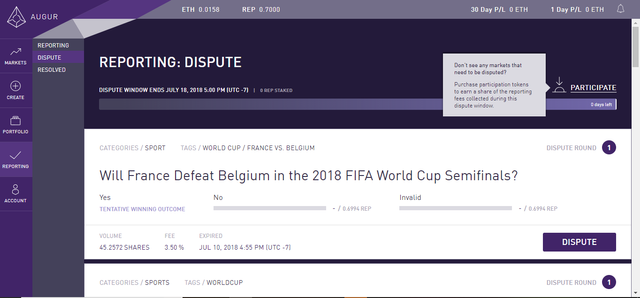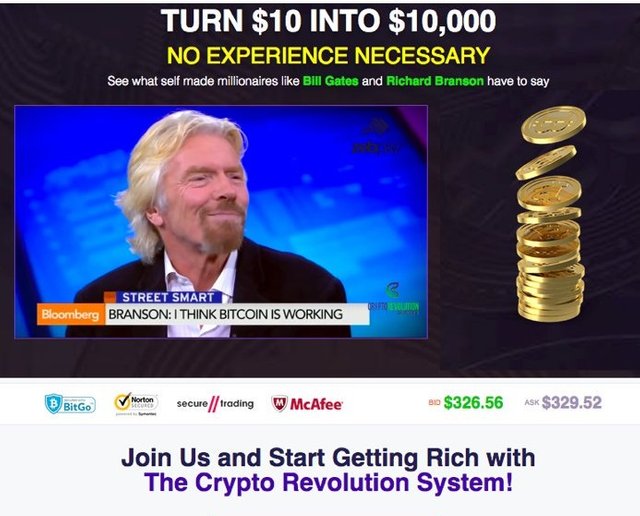In my last post, Blockchain — The Antidote to Entrepreneurship?, we explored how millennials are choosing value-driven reward over a steady paycheck, and how blockchain is giving the opportunity for individuals to collaborate and create synergized value at a level which can compete with large corporations without having one authority defining any one individual’s value. The concept of incentivizing individuals to add value to a community is achieved in a unique way by blockchain and it facilitates the distribution of wealth potentially being a better solution to the rich-poor divide currently being grappled with.
Economic Inequality v. Capitalist Principles
Economic inequality is at its highest in decades with the OECD reporting that 10% of its 34-member state population earn 9.6 times the income of the poorest 10%. The topic has much media coverage and there are many attempts to solve this imbalance from establishing a basic universal income, taxing the rich or improving education opportunities for all.
However, at the same time, our society is programmed towards wealth generation and we often use money as a quantitative means to measure the effectiveness of a person to achieve an outcome and be viewed as successful.
On the one hand, we argue that our capitalist society’s approach is in direct conflict with the aim of wealth distribution, while on the other hand, we have seen other methods, such as communism, fail and trying to deny our human need for hierarchical power is futile.
How Blockchain Approaches Wealth Distribution Differently
Blockchain is a system that combines capitalist principles and a person’s desire to accumulate wealth with generating an outcome which is favourable to the wider community. Individuals are rewarded for taking economic risks and there is a better effort-reward correlation. The ‘middleman’ deciding on who and what is valuable is removed, opening doors for equality between races, genders and other groups. If the value a person provides is in line with what the community wants then the person will be economically benefited. Profits are not directed towards one person or group at the top of the hierarchy but rather shared between contributors. Additionally, it is a remote technology which allows anyone with an internet connection to get involved.
Let’s take the blockchain project, Augur, as an example:
Augur is a decentralized predictions market platform described as being “owned and operated by the people that use it”. Anyone can create a market (e.g. “Who will win the next UFC fight”) and anyone can then trade on the outcome of that event. People in the community will then report on the results of the event (e.g. election results or a weather outcome).

The reporters need to have ‘Reputation Tokens’ (REP) — the currency of Augur — which s/he puts down (stakes) as collateral that the outcome he is reporting on is true. As there is no trusted third party checking that the reporter is telling the truth, Augur works based on the ‘wisdom of the crowd’. If most reporters agree (reach consensus) that a certain outcome is true then those reporters are rewarded with their stake back plus an earned market fee.
Those who reported an outcome against the outcome agreed by the community will lose their stake.
Given that there are numerous reporters who don’t know each other, it is safest for the reporter to report the true outcome assuming that is what most will do. It would be highly unlikely for multiple participants who don’t know each other to each independently decide to vote untruthfully.
Additionally, the amount of reward given is linked to the amount of REP staked, hence the more REP risked, the more potential return, and in turn the more honest you are the more REP you can earn to keep on investing for higher returns going forward.
Hence, we see a system which is capitalist in it’s nature of economic and risk versus reward approach, but does not give power into the hands of an individual or small group.
Yes, the more money (in terms of tokens) you have, the more power you have in the system, but unless you control the network (i.e. have more than 50% voting power) being dishonest will result in you being penalized (losing your stake — and power too). And let’s say you do get enough voting power to control the system, you may be able to win once, but the others in the system will quickly see that an untrue outcome was reported and hence they will leave the network. With no one putting a stake in the network, then there is no reward to be earned.
Giving up “Get Rich Quick” Schemes
Unfortunately, most of us do have a tendency to want to find a quicker and easier way to get rich, thinking that will solve our problems. This could not be more evident in the “crypto market mania” with every man and his dog investing in any digital currency or ICO being animatedly discussed at their local coffee shop or gym. My spam inbox is still full of “how to become a Bitcoin millionaire”.

Source: My Inbox
Whether this enthusiasm is good in bringing blockchain to mainstream attention or a diversion from the true innovation of blockchain is yet to be seen — perhaps a bit of both, but either way, our society is a long way from changing it’s status quo away from money and power, and perhaps never will or never should.
Blockchain’s approach embracing and accepts our human instincts while protecting us from ourselves. It achieves our individual goals of economic reward and community impact, while aligning those goals with society’s want — everyone to be treated fairly.
Is Blockchain a tool for social good or will it just become another method for the richer to get richer? What do you think?
Downvoting a post can decrease pending rewards and make it less visible. Common reasons:
Submit